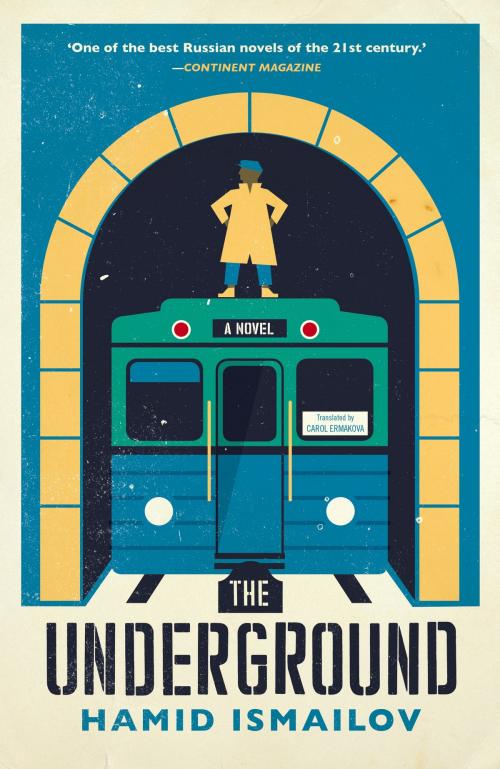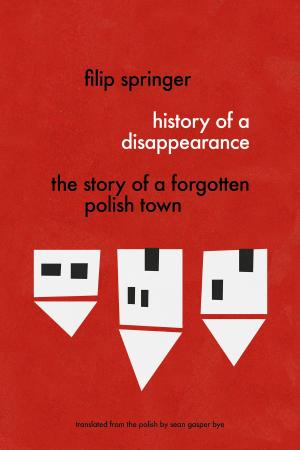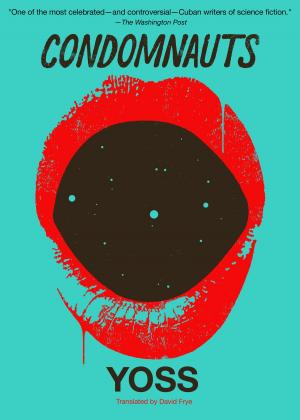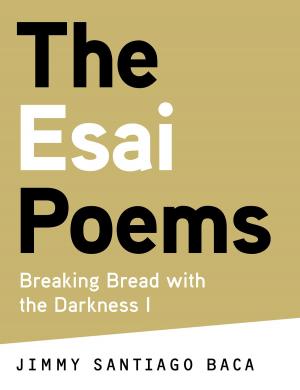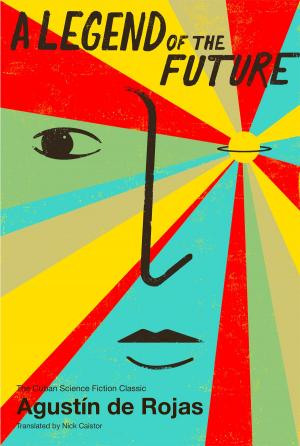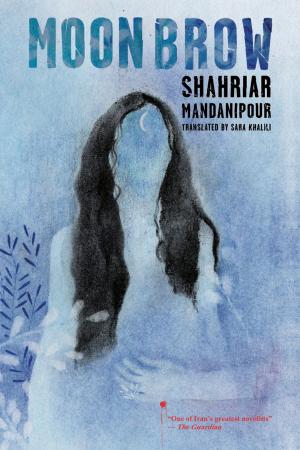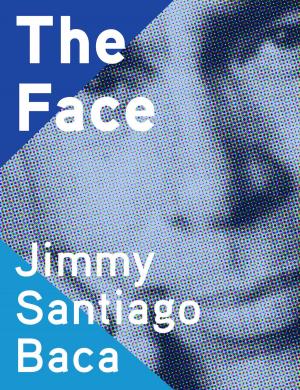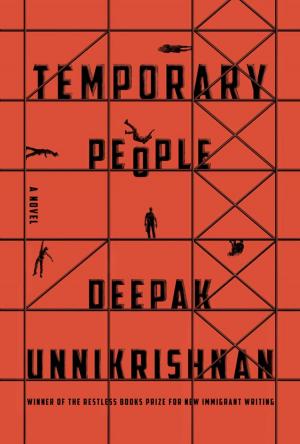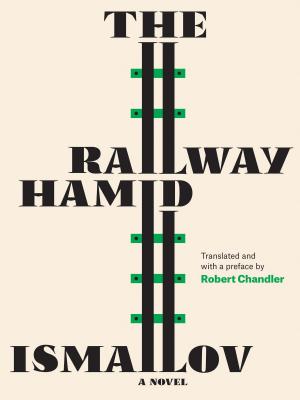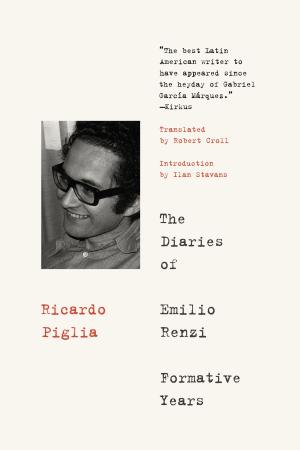| Author: | Hamid Ismailov, Translated by Carol Ermakova | ISBN: | 9780989983242 |
| Publisher: | Restless Books | Publication: | December 2, 2013 |
| Imprint: | Language: | English |
| Author: | Hamid Ismailov, Translated by Carol Ermakova |
| ISBN: | 9780989983242 |
| Publisher: | Restless Books |
| Publication: | December 2, 2013 |
| Imprint: | |
| Language: | English |
Description
“I am Moscow’s underground son, the result of one too many nights on the town,” says Mbobo, the precocious 12-year-old narrator of Uzbek master Hamid Ismailov’s novel, The Underground. Born from a Siberian woman and an African athlete who came to compete in the 1980 Moscow Olympics, Mbobo navigates the complexities of being a fatherless, mixed-raced boy in the shaky terrain of the Soviet Union in the years before its collapse. Named one of the "ten best Russian novels of the 21st Century," (Continent Magazine), The Underground is exiled Uzbek author and BBC journalist Hamid Ismailov’s haunting and moving tour of the Soviet capital, on the surface and beneath, in the years before the fall. Though deeply engaged with great Russian authors of the past—Dostoyevsky, Turgenev, Gorky, Nabokov, and, above all, Pushkin—Ismailov is an emerging master of a new kind of Russian writing that revels in the sordid reality and diverse composition of the country today.
Reviews
"Ismailov belongs to the tradition of Russian satirical novelists, from Gogol to Bulgakov and Platonov."
—The Independent
"A writer of immense poetic power."
—The Guardian
"Hamid Ismailov has the capacity of Salman Rushdie at his best to show the grotesque realization of history on the ground."
—Literary Review
"The dream of grandeur is more than justified by the artfulness of The Underground, which...create[s] the motifs of blackness, subterranean movement, and isolation that are the novel’s strongest effects."
—Transitions Online
"The characters in The Underground are passionate residents of Moscow, with ancestry in Central Asia, Siberia, and Africa, as well as autochthonous natives to this central city of the USSR. Illuminated by Ismailov’s poetic prose, their hopes and despairs are beautifully evoked through the inner monologue of Mbobo. As the reader bears witness to his life, love, and perishing, the language shifts from that of a four-year-old to that of a young man in his twenties. The misunderstandings of childhood develop into worldviews and deserted conclusions."
—F News Magazine
About the Author
Born in an ancient city in what is now Kyrgyzstan, Hamid Ismailov is an Uzbek novelist and poet who was forced to leave his home in Tashkent when his writing brought him to the attention of government officials. Under threat of arrest, he moved to London and joined the BBC World Service, where he is now Head of the Central Asian Service. In addition to journalism, Ismailov is a prolific writer of poetry and prose, and his books have been published in Uzbek, Russian, French, German, Turkish, English and other languages. His work is still banned in Uzbekistan. He is the author of many novels, including Sobranie Utonchyonnyh, Le Vagabond Flamboyant, Two Lost to Life, The Railway, Hostage to Celestial Turks, Googling for Soul, The Underground, A Poet and Bin-Laden, and The Dead Lake; poetry collections including Sad (Garden) and Pustynya (Desert); and books of visual poetry including Post Faustum and Kniga Otsutstvi. He has translated Russian and Western classics into Uzbek, and Uzbek and Persian classics into Russian and several Western languages.
About the Translator
Carol Ermakova studied German and Russian language and literature and holds an MA in translation from Bath University. She first visited Russia in 1991. More recently, Ermakova spent two years in Moscow working as a teacher and translator. Carol currently lives in the North Pennines and works as a freelance translator.
Description
“I am Moscow’s underground son, the result of one too many nights on the town,” says Mbobo, the precocious 12-year-old narrator of Uzbek master Hamid Ismailov’s novel, The Underground. Born from a Siberian woman and an African athlete who came to compete in the 1980 Moscow Olympics, Mbobo navigates the complexities of being a fatherless, mixed-raced boy in the shaky terrain of the Soviet Union in the years before its collapse. Named one of the "ten best Russian novels of the 21st Century," (Continent Magazine), The Underground is exiled Uzbek author and BBC journalist Hamid Ismailov’s haunting and moving tour of the Soviet capital, on the surface and beneath, in the years before the fall. Though deeply engaged with great Russian authors of the past—Dostoyevsky, Turgenev, Gorky, Nabokov, and, above all, Pushkin—Ismailov is an emerging master of a new kind of Russian writing that revels in the sordid reality and diverse composition of the country today.
Reviews
"Ismailov belongs to the tradition of Russian satirical novelists, from Gogol to Bulgakov and Platonov."
—The Independent
"A writer of immense poetic power."
—The Guardian
"Hamid Ismailov has the capacity of Salman Rushdie at his best to show the grotesque realization of history on the ground."
—Literary Review
"The dream of grandeur is more than justified by the artfulness of The Underground, which...create[s] the motifs of blackness, subterranean movement, and isolation that are the novel’s strongest effects."
—Transitions Online
"The characters in The Underground are passionate residents of Moscow, with ancestry in Central Asia, Siberia, and Africa, as well as autochthonous natives to this central city of the USSR. Illuminated by Ismailov’s poetic prose, their hopes and despairs are beautifully evoked through the inner monologue of Mbobo. As the reader bears witness to his life, love, and perishing, the language shifts from that of a four-year-old to that of a young man in his twenties. The misunderstandings of childhood develop into worldviews and deserted conclusions."
—F News Magazine
About the Author
Born in an ancient city in what is now Kyrgyzstan, Hamid Ismailov is an Uzbek novelist and poet who was forced to leave his home in Tashkent when his writing brought him to the attention of government officials. Under threat of arrest, he moved to London and joined the BBC World Service, where he is now Head of the Central Asian Service. In addition to journalism, Ismailov is a prolific writer of poetry and prose, and his books have been published in Uzbek, Russian, French, German, Turkish, English and other languages. His work is still banned in Uzbekistan. He is the author of many novels, including Sobranie Utonchyonnyh, Le Vagabond Flamboyant, Two Lost to Life, The Railway, Hostage to Celestial Turks, Googling for Soul, The Underground, A Poet and Bin-Laden, and The Dead Lake; poetry collections including Sad (Garden) and Pustynya (Desert); and books of visual poetry including Post Faustum and Kniga Otsutstvi. He has translated Russian and Western classics into Uzbek, and Uzbek and Persian classics into Russian and several Western languages.
About the Translator
Carol Ermakova studied German and Russian language and literature and holds an MA in translation from Bath University. She first visited Russia in 1991. More recently, Ermakova spent two years in Moscow working as a teacher and translator. Carol currently lives in the North Pennines and works as a freelance translator.
